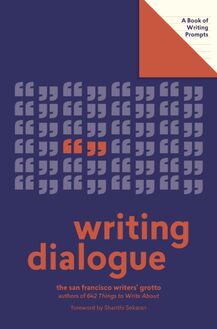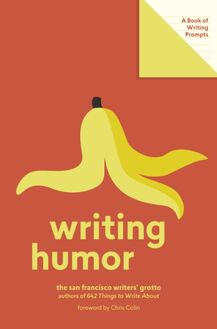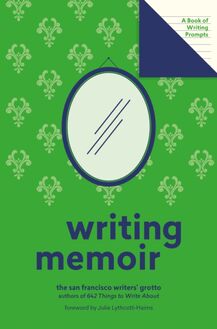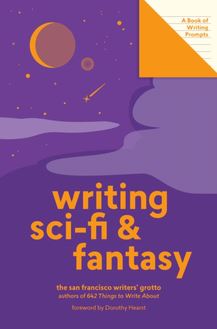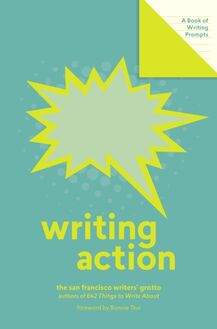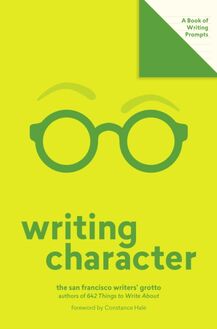-
 Univers
Univers
-
 Ebooks
Ebooks
-
 Livres audio
Livres audio
-
 Presse
Presse
-
 Podcasts
Podcasts
-
 BD
BD
-
 Documents
Documents
-
- Cours
- Révisions
- Ressources pédagogiques
- Sciences de l’éducation
- Manuels scolaires
- Langues
- Travaux de classe
- Annales de BEP
- Etudes supérieures
- Maternelle et primaire
- Fiches de lecture
- Orientation scolaire
- Méthodologie
- Corrigés de devoir
- Annales d’examens et concours
- Annales du bac
- Annales du brevet
- Rapports de stage
La lecture à portée de main
Vous pourrez modifier la taille du texte de cet ouvrage
Découvre YouScribe en t'inscrivant gratuitement
Je m'inscrisWriting Humor (Lit Starts) , livre ebook
Découvre YouScribe en t'inscrivant gratuitement
Je m'inscrisEn savoir plus
Vous pourrez modifier la taille du texte de cet ouvrage
En savoir plus

Description
Informations
| Publié par | ABRAMS BOOKS |
| Date de parution | 05 juillet 2022 |
| Nombre de lectures | 1 |
| EAN13 | 9781647009724 |
| Langue | English |
Informations légales : prix de location à la page 0,0584€. Cette information est donnée uniquement à titre indicatif conformément à la législation en vigueur.
Extrait
writing humor
P. G. Wodehouse began writing at the age of five. What I was doing before that, I don t remember, the English author remarked. Just loafing, I suppose.
For three- and four-year-olds eager to break into humor writing, Wodehouse s example is heartening. But for aspiring writers who wait until seven, eight, or beyond, tales of early productivity might sting or even discourage. I am here to say don t let them. Humor writing can be initiated at any age. With nothing but a pen, an amusing person can come to earn dozens and dozens of dollars a year.
Step one: Decide what funny is. Joe Randazzo, who has done such funny things as edit the Onion , defined it more or less as abnormality. Things become funny when they depart from what is expected, he wrote in his book Funny on Purpose . The jarring nature of the diversion produces a nervous reaction (laughter) as our brain hiccups and then reroutes itself to get back on course. . . . Comedy, then, is the organized pursuit of abnormality.
Good, fine. But there are still guidelines for pursuing that abnormality:
1) Have a point. In the satirical essay A Modest Proposal, Jonathan Swift s was to mock British attitudes toward the poor and the Irish-via a departure from what is expected:
I have been assured by a very knowing American of my acquaintance in London, that a young healthy child well nursed is, at a year old, a most delicious, nourishing, and wholesome food, whether stewed, roasted, baked, or boiled; and I make no doubt that it will equally serve in a fricassee or a ragout.
2) Have a voice. Taffy Brodesser-Akner is a journalist, but a funny one. In the Randazzo taxonomy, I think a good chunk of her funniness is the meta kind-she s conspicuously departing from the norms of the genre she s working in. Here s her lede in a GQ piece about sugar daddies, in which she introduces a character not in the expected manner of an investigative journalist so much as your funny, eviscerating friend:
Thurston Von Moneybags (not his real name) was scammed once by a girl in Houston. He had arranged to meet her so that he might size her up and determine whether he wanted to give her a monthly stipend in exchange for regular sex and sometimes maybe dinner. In other words: Was there chemistry? Was she blonde and blue-eyed, the way he liked them? Was she thin but not anorexic, a shapely body, you know? Could he talk to her? That was very important. It was a little important. It wasn t that important.
3) Know what? Don t let a point get in your way. Here s a tweet from TV writer Megan Amram, who runs her familiar self-laceration mode through deranged logic:
By the time he was my age, Lee Harvey Oswald had already shot a PRESIDENT. I haven t even shot a normal person.
In sum, good writing obeys the same laws regardless of genre: Don t say that much. Be specific when you do. Respect the reader s intelligence. Pace yourself. Resist empty cleverness. There s a hell of a distance between wisecracking and wit, Dorothy Parker wrote. Wit has truth in it; wisecracking is simply calisthenics with words.
Years ago Patricia Marx wrote a great piece called Getting Along with the Russians, which happens to follow all the rules above perfectly:
Education, not force, is the effective way to change the Russians. If we want a three-year-old not to put his hand on a hot stove, we do not beat him unmercifully. Rather, we teach him that a stove is hot, by pressing his hand to the burner for a minute or two.
Comedian Wan
-
 Univers
Univers
-
 Ebooks
Ebooks
-
 Livres audio
Livres audio
-
 Presse
Presse
-
 Podcasts
Podcasts
-
 BD
BD
-
 Documents
Documents
-
Jeunesse
-
Littérature
-
Ressources professionnelles
-
Santé et bien-être
-
Savoirs
-
Education
-
Loisirs et hobbies
-
Art, musique et cinéma
-
Actualité et débat de société
-
Jeunesse
-
Littérature
-
Ressources professionnelles
-
Santé et bien-être
-
Savoirs
-
Education
-
Loisirs et hobbies
-
Art, musique et cinéma
-
Actualité et débat de société
-
Actualités
-
Lifestyle
-
Presse jeunesse
-
Presse professionnelle
-
Pratique
-
Presse sportive
-
Presse internationale
-
Culture & Médias
-
Action et Aventures
-
Science-fiction et Fantasy
-
Société
-
Jeunesse
-
Littérature
-
Ressources professionnelles
-
Santé et bien-être
-
Savoirs
-
Education
-
Loisirs et hobbies
-
Art, musique et cinéma
-
Actualité et débat de société
- Cours
- Révisions
- Ressources pédagogiques
- Sciences de l’éducation
- Manuels scolaires
- Langues
- Travaux de classe
- Annales de BEP
- Etudes supérieures
- Maternelle et primaire
- Fiches de lecture
- Orientation scolaire
- Méthodologie
- Corrigés de devoir
- Annales d’examens et concours
- Annales du bac
- Annales du brevet
- Rapports de stage
